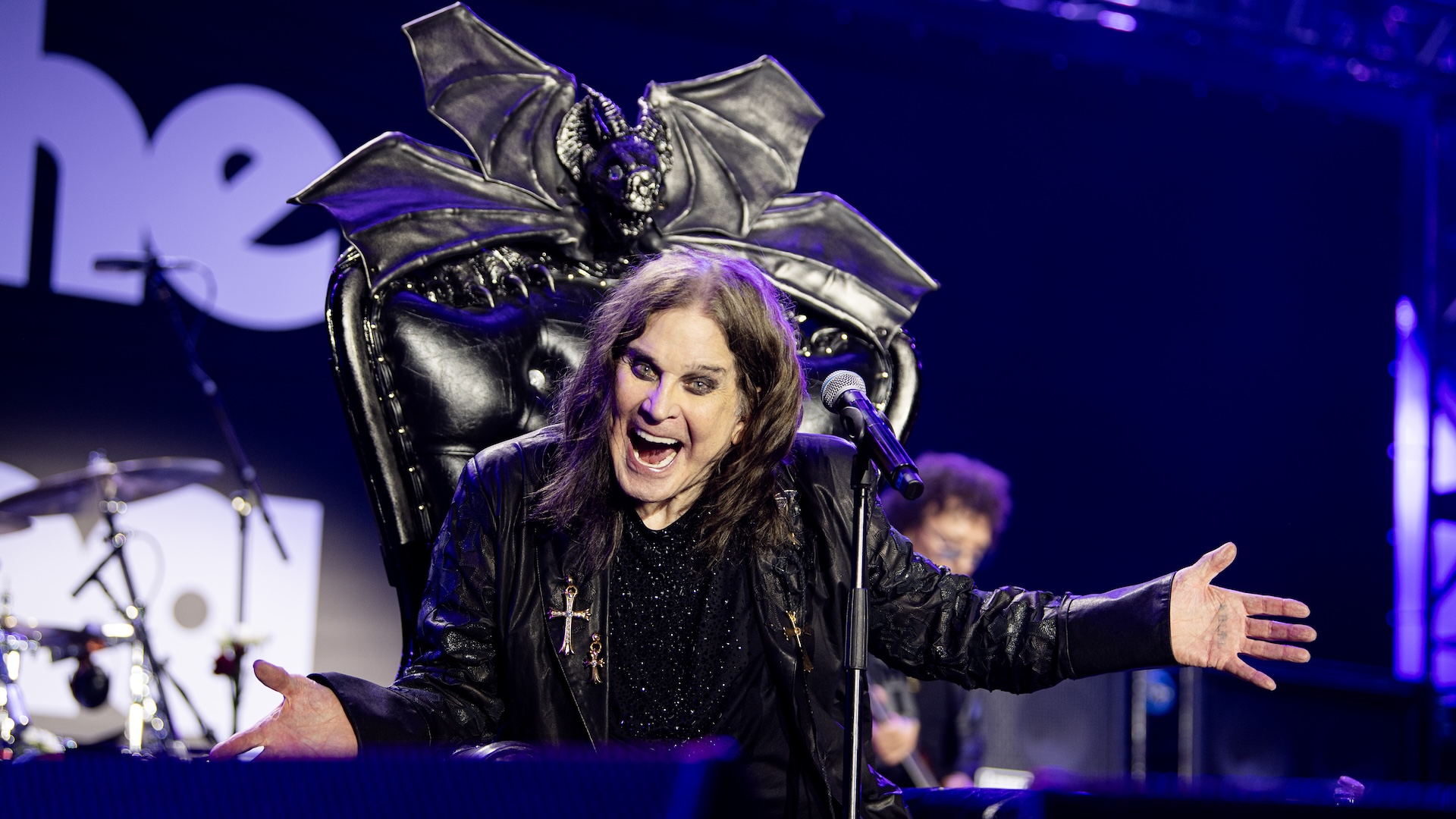
On 1 June 2010, Robyn released one of the greatest records ever made, in the form of ‘Dancing on my Own’.
Written and produced by Swedish singer Robyn and Patrick Berger, it was the first single from her Body Talk Pt 1 album and, like so many classic tracks, it reached the noble position of number 8 in the charts. High enough to respect its absolutely undeniable quality, but not too high that it became too ubiquitous or overplayed. The perfect chart position for a perfect song.
Robyn had tasted success three years before, with 2007’s collaboration with Kleerup, ‘With Every Heartbeat’ a huge number one hit. With ‘Dancing on my Own’, she took that sonic template and distilled it, breaking the sonics down to their primary components, and dialling the sadness up to 10.
Take a listen now, and remind yourself of its brilliance.
15 days after its release, on 16 June 2010, Robyn was booked to appear on Radio 1’s Live Lounge, and as is the way with that franchise, decided to perform the track with just a simple piano backing.
Then, having seen this performance, five years later, on 11 April 2015, Hull singer-songwriter Callum Scott performed an identical version on Britain’s Got Talent, earning a ‘golden buzzer’ from head judge Simon Cowell, putting him straight through to the semi-final of the competition. He won his show, and subsequently finished sixth out of 12 performers; he performed different songs for both the semi and the final.
Despite his success on the show, and the endorsement of Cowell, Scott was not offered a deal by Syco.
Get exclusive shortlists, celebrity interviews and the best deals on the products you care about, straight to your inbox.
A year later, on 15 April 2016, he released his version of ‘Dancing on my Own’ independently and, after initially only having support from West Hull FM, it slowly became a huge sleeper hit, eventually reaching number 2 in the charts and earning him a deal with Capitol. Now, his version is inescapable on the radio, from Magic, to Heart, to Radio 1 and everything in between. To many, this is ‘the’ version of the song.
Now, it is time to right this wrong.
Get our best stories straight to your inbox
Get exclusive shortlists, celebrity interviews and the best deals on the products you care about, straight to your inbox.
The only version of ‘Dancing on my Own’ is the original Robyn recording. And I use the word recording deliberately, because this is a song which is impossible to divorce from its sound and its production (even the version of the track used on Robyn’s official video is inferior because, for some reason, someone decided to add an extra arpeggiated synth through the intro and the verse; a thoroughly unnecessary addition).
Why? Because the song must open with that jackhammer, relentless, electronic bass synth and nothing else. It is the only way it can open. It is the way it must open. Because it is so brutal, so direct, so minimal. It’s followed by the simple use of kick drum and snare - on the 1 and 3, and 2 and 4 beats respectively - which, relentlessly, never change throughout the course of the song. The only other drums or percussion on the track are eight repeated, robotic, hihat quavers halfway through [beginning at 1:57], those little clave tinkles in the verses [1:36] and the odd crash cymbal.
But who cares about the drums, right? Why does this minimalism matter?
Because it is utterly crucial and symbiotic to the lyrical content of the song.

Neil Tennant of the Pet Shop Boys once coined the phrase, in conversation with Peter Robinson of Popjustice, ‘tears in the toilets’, to describe a genre of sad-but-upbeat emotional electronic songs. It is such an evocative phrase, because we’ve all been there.
The club: the promised land of your youth, the place where all of your dreams come true; the place where you find happiness, elation, release, a higher plane. When you’re a kid and you see your elder sibling putting on their best clothes, bubbling with excitement as they prepare to head off for the night with their friends, you start to picture this exotic, otherworldly place. Then you hear about it in songs. Everyone has a great time at the club. Everyone has the best night ever. Everyone finds utopia in the club. You cannot wait to experience it for yourself.
And then. You’ve worked all week, you’re tired, but you’ve spent your time thinking of nothing else but the massive, amazing night you’re going to have on Friday. The seconds tick by agonisingly slowly, but finally, eventually, it’s 5 o’clock. The weekend. And that girl/guy you’ve been secretly in love with forever/split up with but still have feelings for is going to be there. And tonight you’re going to summon up the courage to ask them out/show them how far you’ve come, how you don’t need them any more.
Everything’s going well in the build up, your friends are on great form, everyone’s smiling, having fun. And then you head to the club.
And everything falls apart.
And, while everyone else is having fun, everyone else is having the time of their lives, you’re devastated, as your love rejects you/doesn’t even notice you/are there with someone else, and not you.
No song in history captures the intensity of this experience as ‘Dancing on my Own’. That feeling you experience from the total and utter inversion of everything you were promised - everything you thought would happen - about that night.
And, while you quietly cry in the toilets, desperately trying to pull yourself together so that you can carry on with your night and not show them that you still care, all you can hear is that thud-thud-thud-thud as the beats continue on the other side of the door. The beats that are powering everyone else’s amazing, best-ever night out. Everyone else is having fun, those beats tell you, but your world has just collapsed. It is a bruising experience that no one ever truly forgets.
You eventually leave the sanctuary of the toilets and reemerge into the main room and the music continues, loudly, relentlessly, as it should; making your head spin, magnifying your emotions.
That is why the relentless jackhammer bass synth and the pounding, simple drums are important, as Robyn’s utterly heartbreaking lyrics, a mixture of betrayal, sadness, emotional turmoil and defiance have to be accompanied by the sound of that club experience. The production on ‘Dancing on my Own’ is completely perfect; the synths build and build to recreate the euphoria of those best club moments, while the sad piano motif tugs on the heartstrings to twist that euphoria to devastation. Everything, bar Robyn’s vocal, is electronic. Everything is relentless. As you stand in shock, and time slows, the music goes on.
The one moment in the track when you’re allowed to pause - that middle 8 [at 2:45] when everything breaks down - the pause is broken by 16 snare hits, all at maximum volume, with no crescendo or dynamic. It’s completely brutal. And it’s absolutely perfect.
Listening to Robyn’s ‘Dancing on my Own’ hits me in the gut, before reducing me to tears, every single time I hear it. And that’s the way it should be.

I’m not a monster; the song itself is clearly so great that a piano version, whether performed by Robyn or Callum Scott, is still going to be a good version.
But they pale into insignificance against the pure power and majesty of the original recording.
Accept no pale imitations. Radio programmers and DJs everywhere, when you’re tempted to play the ‘acoustic’ version: don’t.
Play the original. Play the best.
(Images: Getty)
-
 Ozzy Osbourne and Black Sabbath's final show — Back to the Beginning review: 10 of the biggest highlights from a star-studded farewell
Ozzy Osbourne and Black Sabbath's final show — Back to the Beginning review: 10 of the biggest highlights from a star-studded farewellWe were there, we were rocked — here's everything you need to know as the Prince of Darkness bows out.
-
 The best Men’s summer wedding outfits — an essential guide
The best Men’s summer wedding outfits — an essential guideSuits! Shirts! Shoes! Final touches!